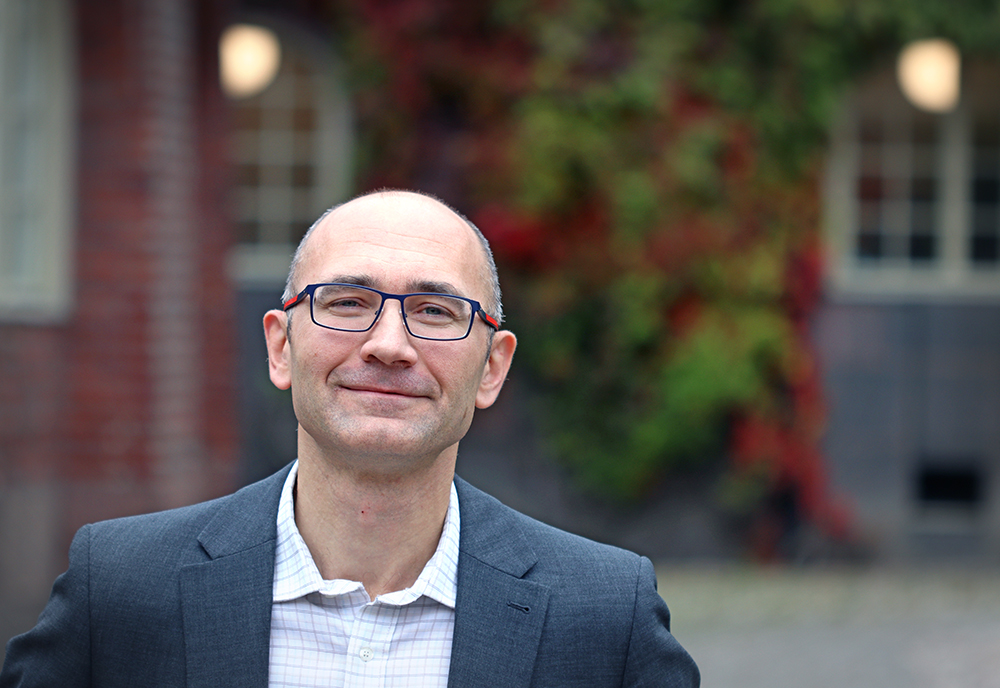'He has rightly been called the godfather of AI'

Pawel Herman, a lecturer at KTH Royal Institute of Technology, specialises in artificial neural networks. Researchers John Hopfield and Geoffrey Hinton recently received the 2024 Nobel Prize in Physics. Herman explains their contributions to AI, machine learning, and neural networks.
"The 2024 Nobel Prize in Physics is about using fundamental principles from statistical physics to develop artificial neural networks, which today are the driving force behind AI," Herman says.
He works as a researcher and lecturer in the Department of Computational Science and Technology at KTH. Herman further explains that these networks are called artificial to distinguish them from biological neural networks in the brain, which give rise to human intelligence and our cognitive and perceptual abilities.
Remarkable contributions

Although today’s common artificial neural networks have relatively little to do with the brain, both Hopfield and Hinton have made remarkable contributions by linking calculations in these networks to brain theories.
Hopfield’s associative memory networks, which can search through stored patterns (memories), are considered one of the pioneering mathematical models of human memory function from the 1980s. Modern Hopfield networks have rekindled interest in these associative memories, particularly in relation to certain neural network architectures used to build large language models, Herman says.
The godfather of AI
Hinton, on the other hand, has significantly expanded the range of artificial neural network architectures and algorithms, moving beyond his earlier work with so-called Boltzmann machines, a precursor to modern generative models.
"For his revolutionary contribution to pattern recognition, he has rightly been called the godfather of AI," Herman says.
KTH is highly active in a wide range of AI research. Several groups are developing and applying artificial neural networks and other machine learning methods in areas such as materials science, transport, robotics, cybersecurity, and medical diagnostics.
Superhuman intelligence
The future of AI research looks promising, according to Herman. AI is truly a groundbreaking technology that offers equally groundbreaking applications. As examples, he mentions the potential to transform how we manage our daily lives, work, entertainment, education, and interactions with the world around us. AI could also revolutionise many scientific disciplines, the arts, and music.
"Generative AI and large language models, in particular, have unleashed the imagination and accelerated discussions about so-called artificial general intelligence that mimics human intelligence — or even surpasses it, moving towards superhuman intelligence," Herman says.
Aligning AI with human values
At the same time, recent developments in the field have raised concerns about humanity’s role in future societies where AI technology is omnipresent. "The philosophical nature of the interactions between human and artificial intelligence," Herman says.
"Interestingly, Hinton blew the whistle and left Google's AI team last year to draw attention to the urgent need for caution in AI development. In summary, I believe in the importance of research aimed at aligning AI with human values, and this endeavour can be technologically facilitated, among other things, by developing brain-like AI," Herman says.
Text: Peter Asplund
